Unit rates are helpful for finding the best deal on a product at a store. For example, a store may be selling fish food in a variety of brands. How do you know which brand is the best deal? Find the unit rate of each product and compare the answers!
Here we go! Brand A sells 3oz of fish food for $3.79. Brand B sells a similar kind at a price of $2.58 for 2oz. Is Brand A or Brand B a better deal?
Erin will tell you how to find the best deal using the unit rate!
divide 3.79 by 3 and you'll see that the unit cost is $1.26 an oz.( Brand A)
Divide 2.58 by 2, you get $1.29 an oz. (Brand B)
even though brand A costs more, it is a better deal per oz.!!!!!





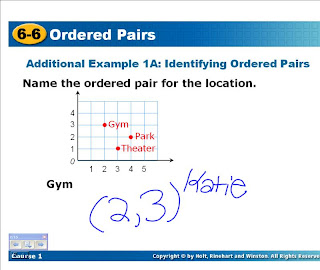





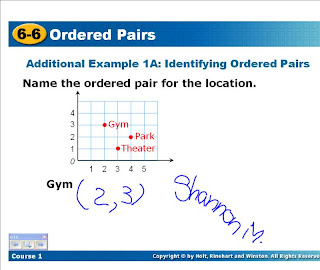

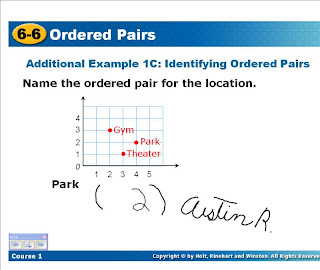

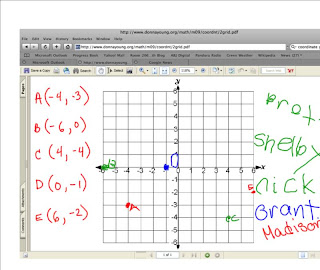
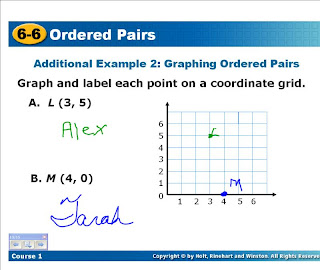


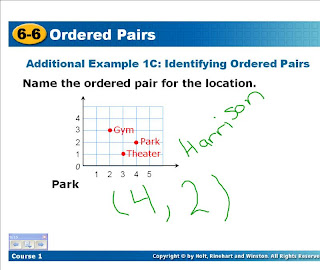
















.jpg)
